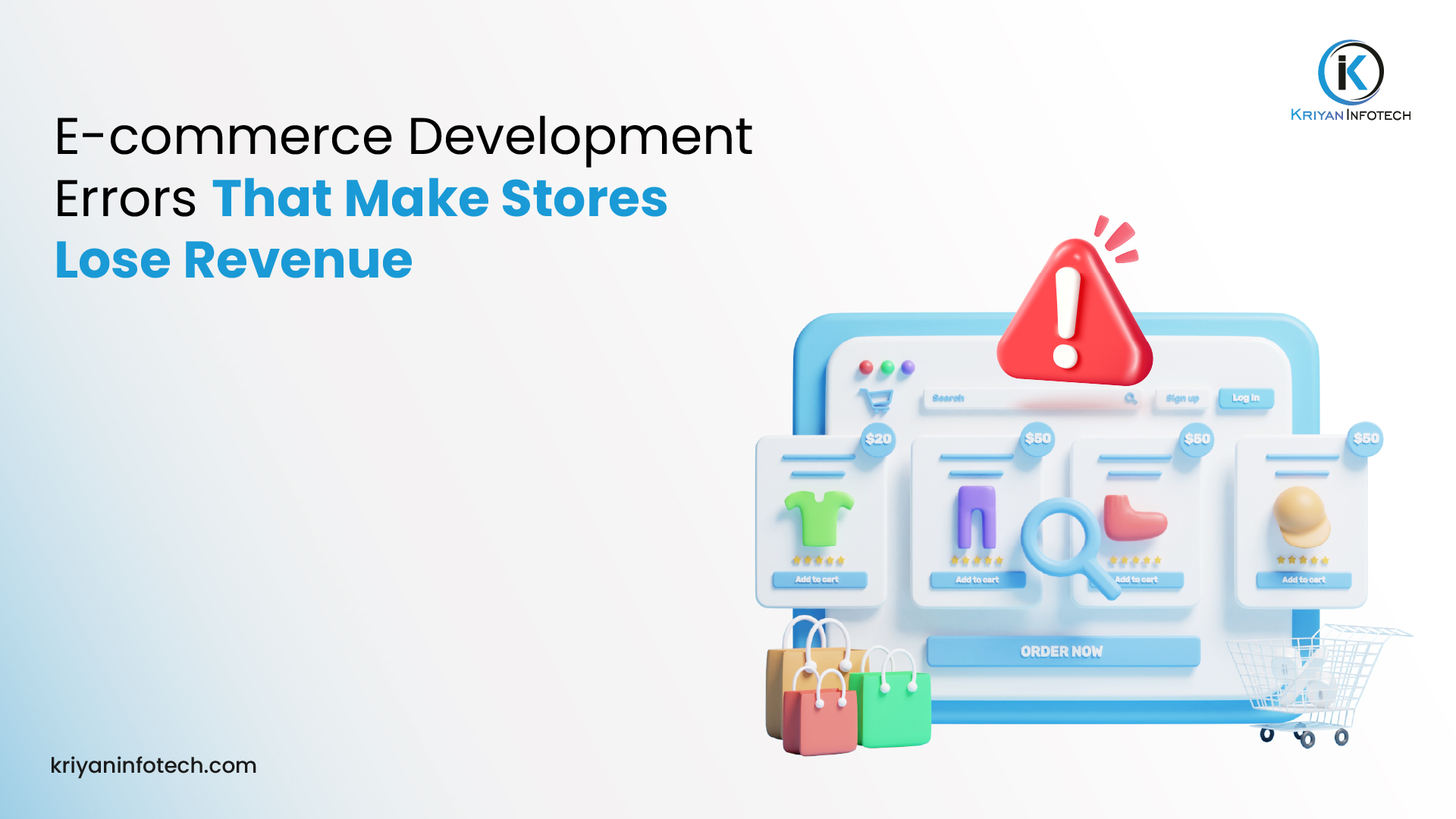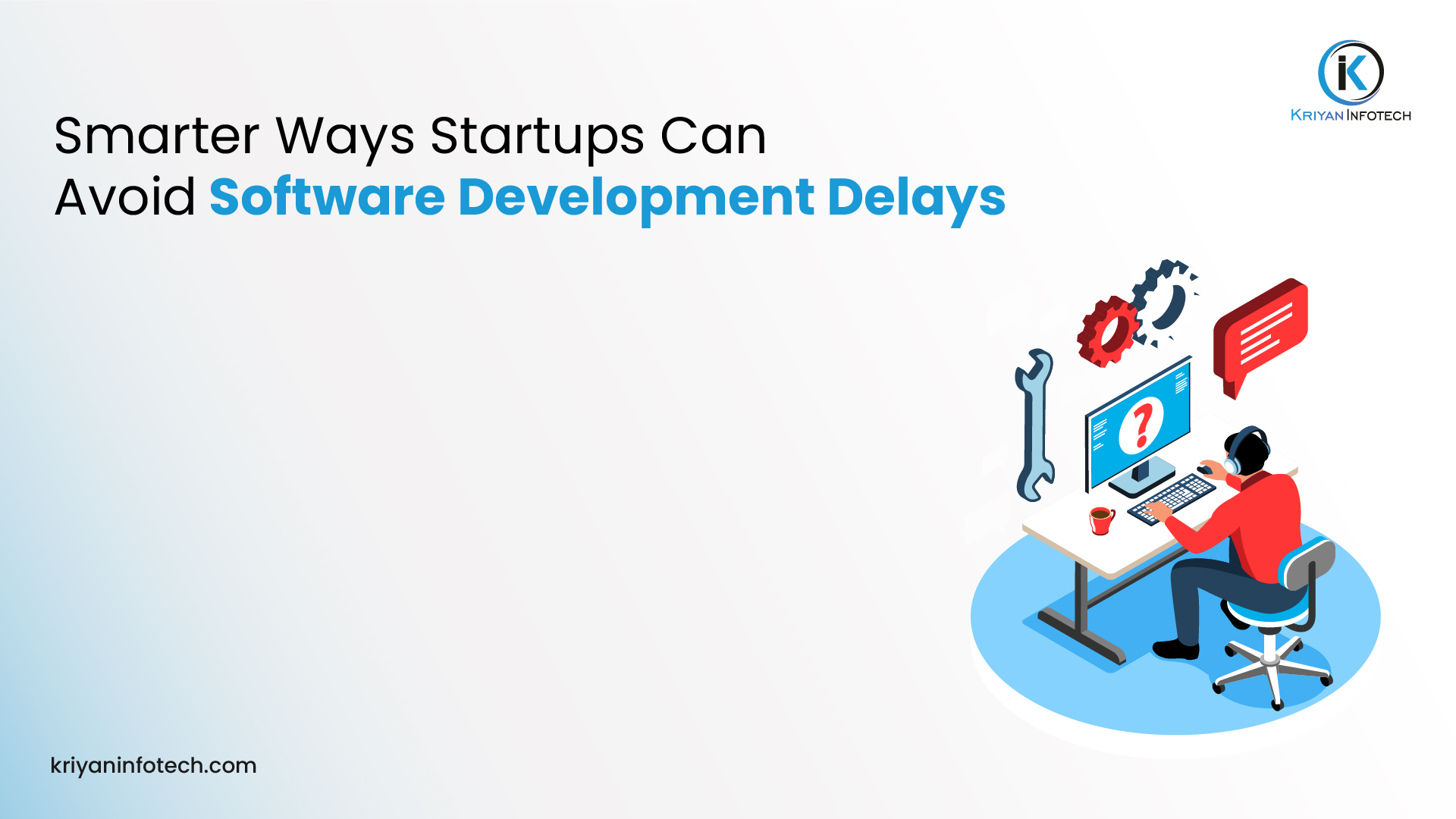
Top SEO Tips for Maximizing Visibility in Local Searches
- 1. Introduction
- 2. Yes, small businesses can effectively compete by focusing on specific locations and relevant local keywords, helping them rank well in local searches even against larger competitors.
- 3. On-Page SEO Tips for Location-Specific Websites
- 4. Optimizing Google My Business for Local Search
- 5. Building Local Citations and Listings
- 6. 8 Tips for Local Search Maximization
- 7. Generating and Managing Local Reviews
- 8. Technical SEO Tips for Location-Specific Websites
- 9. Content Creation Tips for Local SEO
- 10. Building Location-Based Backlinks
- 11. Tracking and Analyzing Local SEO Performance
- 12. Local SEO Tools
- 13. Conclusion
- 14. Frequently Asked Questions (FAQs)
Introduction
Local businesses today face stiff competition not only from other neighborhood stores but also from online brands. In this dynamic landscape, search engines have become pivotal in connecting local customers with local businesses. With most people searching for services “near me” or “in [location],” it’s essential for companies to stand out in local search results. Let’s explore the best SEO practices tailored for location-specific websites to boost your visibility, increase foot traffic, and grow your business.
Conducting Keyword Research for Local SEO
- Keyword research forms the backbone of any SEO strategy, and for local SEO, it’s essential to focus on location-based keywords. Identify terms that incorporate both your services and your location, as these are the search phrases most likely to drive local traffic.
- Tools for Keyword Research: Google Keyword Planner, Ahrefs, and SEMrush can help find the right local keywords that reflect what potential customers are looking for. Additionally, using “long-tail” keywords like “Italian restaurant in San Diego” or “vegan food delivery in Austin” will help attract users with high purchase intent.
On-Page SEO Tips for Location-Specific Websites
On-page SEO refers to optimizations you make within your website to improve its search ranking. For local SEO, ensure that your pages are tailored to your target location(s).
- Title Tags and Meta Descriptions: Include location-based keywords in title tags and meta descriptions to make it clear to search engines that your content is relevant to specific geographic locations.
- Header Tags and Content: Use H1 and H2 tags with location-specific keywords and provide clear, informative content that resonates with a local audience.
- Schema Markup: Use schema markup (structured data) to provide search engines with specific information about your business location, opening hours, contact details, and more. Local business schema can increase the chance of your business appearing in local search results and featured snippets.
Tip: Ensure consistency in your business’s Name, Address, and Phone Number (NAP) on every page. This consistency is critical in reinforcing your business’s identity for search engines.
Optimizing Google My Business for Local Search
- Claim and Verify Your Profile: Once claimed, provide as much accurate information as possible, including business hours, contact information, a detailed description, and category tags that reflect your services.
- Utilize Posts and Updates: GMB allows you to post updates, offers, or upcoming events. Regularly posting here shows Google that your business is active and engaged, which can improve your visibility.
- Encourage Customer Interaction: Encourage satisfied customers to leave positive reviews, significantly impacting your local rankings. Respond to reviews professionally to show that you value customer feedback.
Building Local Citations and Listings
- NAP Consistency: Consistent Name, Address, and Phone Number (NAP) details across all listings are essential. Discrepancies can lead to confusion for search engines, reducing your visibility.
- Leverage Local Directories: Add your business information to reputable local directories, such as Yelp, Yellow Pages, or Chamber of Commerce websites. This enhances your credibility and boosts your visibility in local searches.

8 Tips for Local Search Maximization
- On-Page SEO
- Optimizing Google My Business
- Building Local Citations and Listings
- Generating and Managing Local Reviews
- Technical SEO
- Content Creation
- Building Backlinks
- Tracking and Analyzing Local SEO Performance
Generating and Managing Local Reviews
Local reviews are invaluable for SEO as they add credibility and social proof, especially on platforms like Google and Yelp. Positive reviews also enhance user trust and influence customer decisions.
- Encourage Customer Feedback: After completing a service or sale, kindly request feedback from satisfied customers. The more positive reviews, the better your local ranking potential.
- Respond to Reviews: Engage with customers by responding to reviews, whether they are positive or negative. This demonstrates a commitment to customer satisfaction and can positively impact your reputation.
Tip: Use email marketing or follow-up messages with links to your review page to make it easy for customers to leave feedback.
Technical SEO Tips for Location-Specific Websites
- Mobile-Friendliness: With a large percentage of local searches done on mobile devices, a responsive, mobile-friendly site is crucial.
- Site Speed: Slow loading times can drive users away. Optimize images, minimize code, and leverage browser caching to improve site performance.
- Secure Your Website (HTTPS): HTTPS is not only a ranking factor but also instills trust among users.
Content Creation Tips for Local SEO
- City and Neighborhood Guides: Consider writing blogs about events, popular spots, or tips related to your area of service.
- Address Local Pain Points: For instance, if you own a plumbing business in Dallas, create articles around common plumbing issues for that climate.
- Use Local Keywords Naturally: Avoid keyword stuffing. Instead, weave in local keywords where they fit naturally to enhance the reader’s experience.
Building Location-Based Backlinks
- Collaborate with Local Businesses: Partner with other businesses or local influencers to get mentioned on their sites. This can increase your authority and reach.
- Guest Blogging: Contribute to local blogs and websites that cover topics related to your services or area. In exchange, they often provide a backlink, which improves your site’s authority.
Tracking and Analyzing Local SEO Performance
- Google Analytics: Track where your visitors are coming from, which keywords are performing well, and what content is most engaging.
- Google Search Console: Monitor your site’s performance, especially clicks, impressions, and search queries relevant to your local audience.
- Other Tools: Moz Local and BrightLocal are great tools for tracking local rankings and managing citations.
Local SEO Tools
Local SEO tools can make a significant difference by automating tasks and providing insights.
- Moz Local: Helps maintain accurate listings and track your visibility across local search results.
- SEMrush: Useful for competitor analysis, keyword research, and monitoring your search engine rankings.
- BrightLocal: Excellent for tracking citations, managing reviews, and monitoring local search performance.
Conclusion
Implementing a local SEO strategy is essential for any business looking to engage a local audience and boost visibility. Whether you’re a small business or a franchise, optimizing for local searches can lead to increased traffic, higher sales, and improved customer engagement. Take your first step toward building a strong local SEO foundation with Kriyan Infotech’s expert team, who can guide you in creating a customized plan tailored to your business goals. Contact us today to unlock your local SEO potential!
Frequently Asked Questions (FAQs)
Local SEO focuses on optimizing a website to attract nearby customers through search engines. It’s essential for businesses targeting a specific geographical area, as it connects them with local customers actively searching for products or services.
Google My Business (GMB) is crucial for local search rankings as it provides key information about your business directly on search results, enhancing visibility and user engagement.
Local citations are online mentions of your business’s NAP (name, address, and phone number) on directories and websites. Consistent citations build credibility and improve local search rankings.
Regular updates to your local SEO strategy are important, as algorithms and search trends can change. Reviewing your SEO every few months can help ensure you’re effectively targeting your audience.
Yes, small businesses can effectively compete by focusing on specific locations and relevant local keywords, helping them rank well in local searches even against larger competitors.
E-commerce Development Errors That Make Stores Lose Revenue
Introduction Running traffic to your online store is...
Smarter Ways Startups Can Avoid Software Development Delays
Introduction For startups, time isn’t just money; it’s...
How Bad UI Can Impact User Experience and Conversions
Introduction You can spend thousands on ads, SEO,...



